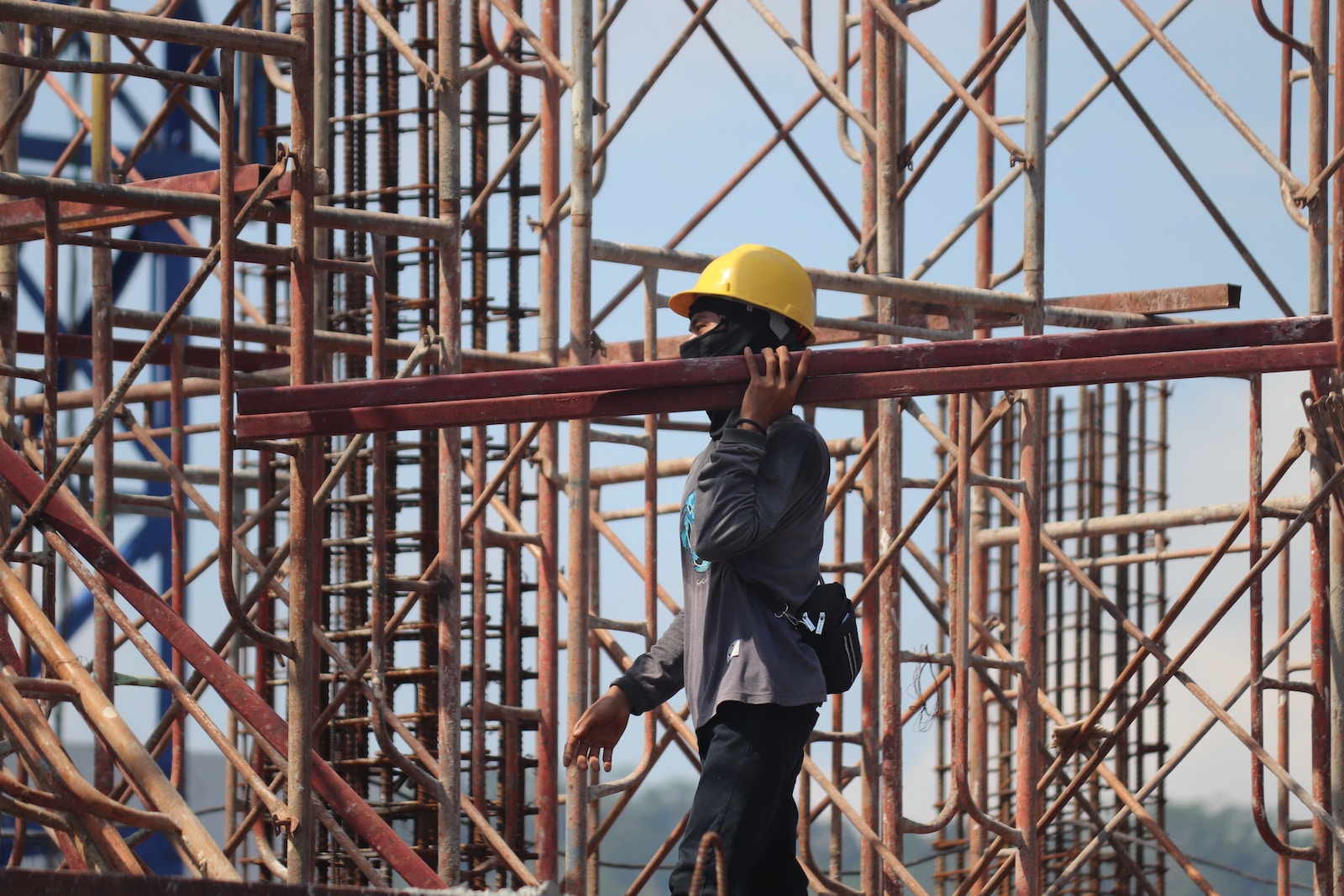Why choose construction?
Construction is one of the few industries that you can join at an entry-level without needing any experience or qualifications.
If you enjoy being in the outdoors and not stuck in an office, then working on a construction site could be perfect for you. You will get the satisfaction of knowing that you have built something or seen what you have achieved every day. You will be working as part of a team, too, who will give you support and show you what to do when you start. You will be learning new skills and earning a good wage.
Why labourers are important to the industry
All construction projects need teams of labourers to assist tradespeople, from preparing sites before construction work begins right through to completion. Labourers are required to undertake a wide range of tasks, such as digging trenches for foundations, mixing and pouring concrete, fixing scaffolding, laying pavements and operating machinery.
Essential skills to become a labourer
Physical and mental skills required for the job
The most important skill for labourers is to have a good level of physical fitness. You will be on your feet outside, all day long, in all weathers. You will also need a good head for heights, as you will be going up and down ladders and scaffolding. You should be able to understand instructions and carry them out.
Training and certifications
No formal qualifications are required to work on a construction site. If you have GCSEs in English and maths, that would be a bonus, but not essential. Some labourers choose to do some training to improve their abilities and job prospects. Popular courses to take are the Level 1 Certificate in Construction Skills or Level 2 Certificate in Construction Operations. To get on the Level 1 course you would need two GCSEs at grade 1-3 (D-G), and two GCSEs at grades 9-3 (A*-D) for the Level 2.
The importance of having a strong work ethic
Of all the skills you need to become a labourer, perhaps the most important is the willingness to work hard. Manual labour can be tough at times, and having a strong work ethic will impress an employer and make you a valued member of their staff.
Preparing your job application
Your CV and cover letter
When you are writing to a company applying for a job, you should include a covering letter and a CV. The cover letter should showcase what you can bring to the company, and why you are the best candidate for the job. It doesn’t have to be long – five paragraphs should do, and it can be on one page of A4 paper.
Tips for making your CV stand out
Your CV should also be concise. Don’t think you have to fill it with lots of information. This is your first job – employers aren’t expecting you to have too much experience. It should just simply be a summary of your education, work experience and skills. Keep it to a maximum of two sides of A4 if you can.
When discussing your strengths and skills, use active words such as ‘organised’, ‘built’, ‘created’, ‘managed’, or ‘planned’. Get some tips on how to write an effective CV.
Preparing for job interviews
Interviews can be nerve-wracking, especially if it is your first one. Make sure you do plenty of preparation and have a good idea of the kind of questions you might be asked, and what your answers might be. The fact that you have got an interview means that your CV and cover letter impressed the employer. Focus on the points from your CV that you think made you stand out. Be confident in yourself, dress smartly for the interview and arrive in plenty of time. Here are some more interview tips.
Apprenticeships and work experience
Apprenticeships are a great way to get more training and still be earning while working. They can improve your job prospects and give you the chance to develop your skills. You will usually need two or more GCSEs (including maths and English) to be accepted on an intermediate construction apprenticeship.
Work experience is very useful if you want to find out what working as a labourer might be like. To get work experience in school holidays or at weekends you will need to contact a construction company or know someone (like a friend or family member) that works in construction. Work experience is a good thing to be able to put on your CV.
